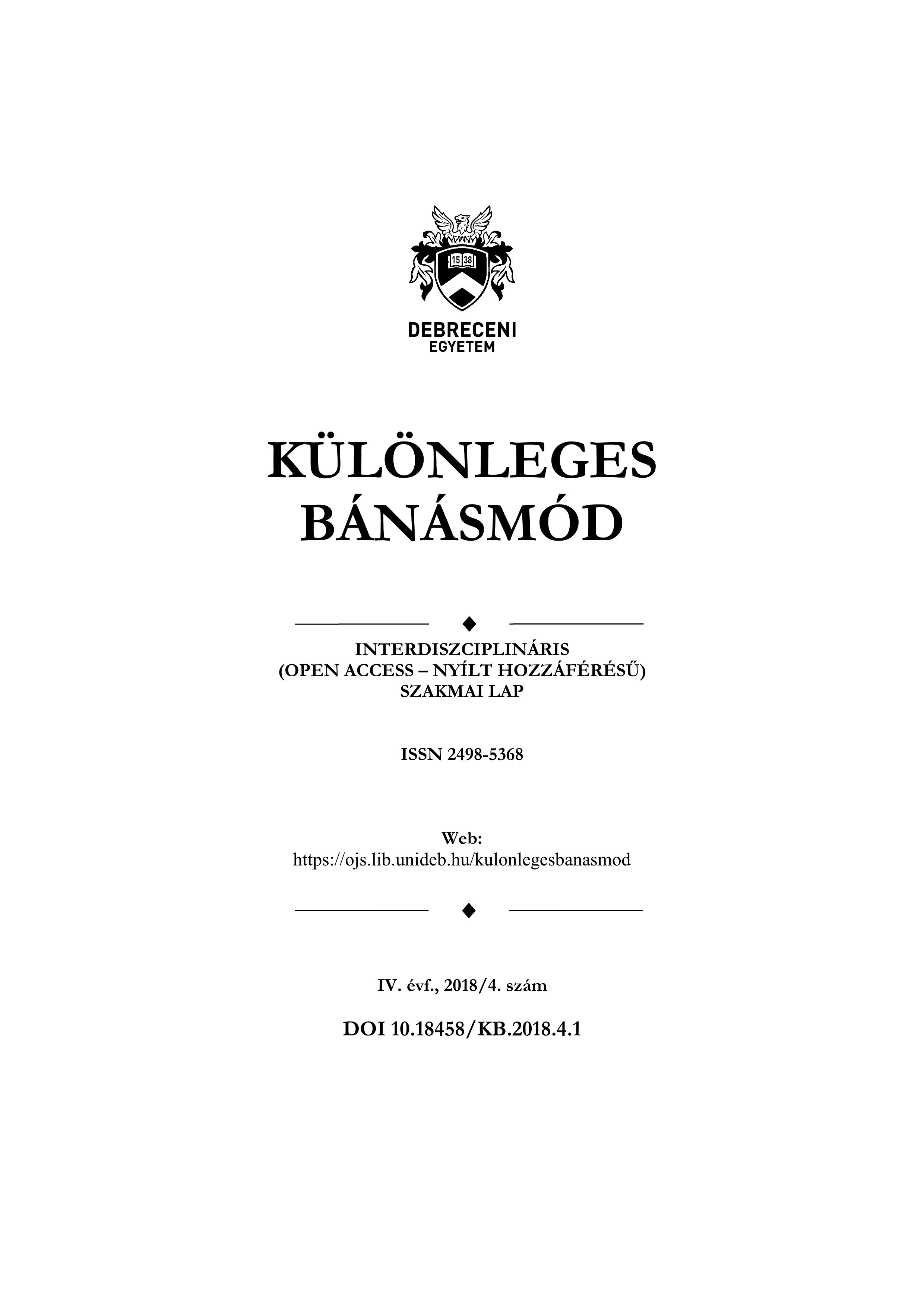HR TOOLS SUPPORTING EQUAL EMPLOYMENT OPPORTUNITY
Author
View
Keywords
License
Copyright (c) 2018 Dr. Balázs-Földi Emese

This work is licensed under a Creative Commons Attribution-NonCommercial-NoDerivatives 4.0 International License.
How To Cite
Abstract
Hungarian statistical surveys, as well as previous research, point out the disadvantages experienced by persons with disability and a reduced work capacity on the labour market, due to which their employment falls behind the employment of the average population. In the background of these drawbacks, there are partially negative attitudes in the society and among employers which are based on prejudices. On the other hand, in the course of the integration and permanent employment of persons with disability and a reduced work capacity not only the accepting attitude of employers but also that of employees is essential. Employment policy instruments may facilitate the economic activity of the disadvantaged labour market groups but they may need their employers to help them further with employment, integration and work. The expected or received help of the open labour market or its degree do not always meet. No empirical research has been done into this topic yet. The aim of my research is to explore the attitude, approach, and knowledge of workers in social institutions in three districts of Hajdú-Bihar county and of the inhabitants in these districts regarding persons with disability and reduced work capacity. Questionnaire research was conducted, and altogether 747 persons (408 workers at social institutes and 339 citizens) were interviewed. The present study focuses on the exploratory-like results of the research which reveal the test groups’ familiarity with and knowledge of the application of those HR management tools that can further the employment of persons with reduced work capacity. The study assesses the results based on the following variables: sex, school qualification, position, previously gained knowledge about the reduced work capacity and work experience with persons with reduced work capacity. The results of the research suggest that for persons with a reduced work capacity the organisations mainly ensure the personalised field of work, preferential working hours, and accessible work environment, but it is not certain to be enough for the permanent employment of the target group as due to their mobility difficulties they would really need support to get to their work as well.


 https://doi.org/10.18458/KB.2018.4.7
https://doi.org/10.18458/KB.2018.4.7